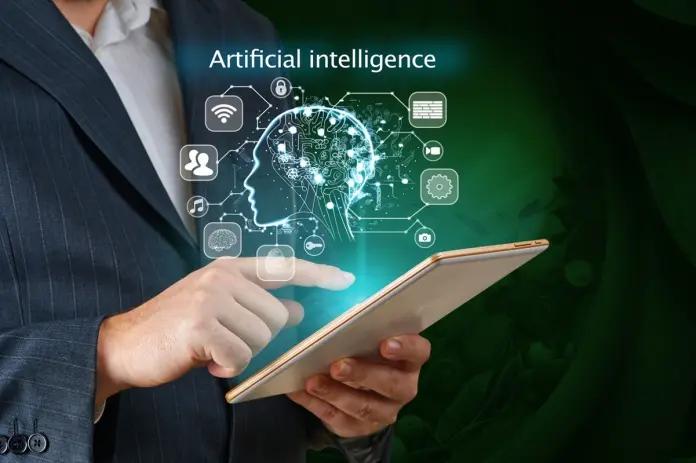International
The growing role of artificial intelligence (AI) in international arbitration

The article discusses the growing role of artificial intelligence (AI) in international arbitration, highlighting its potential to make the process more efficient and data-driven through predictive analytics and machine learning.
However, AI may struggle to handle the complexities of arbitration, such as witness credibility and arbitrator bias, which are difficult to quantify. There are also risks such as over-reliance on AI and potential impacts on due process.
To integrate AI responsibly, some strategies are suggested, such as developing ethical guidelines, improving AI knowledge, implementing disclosure requirements, and ensuring human oversight. The need to preserve fundamental values such as fairness, justice and transparency is underlined.
As AI becomes more prevalent, arbitration practitioners must adapt by learning new skills and focusing on a balanced approach combining AI and human judgment. This balance is crucial to improving the arbitration process while preserving its integrity and fairness.
See the full article at: Global Trade and Customs Journal, volume 19, number 11/12 (2024), pages 738 to 747.


